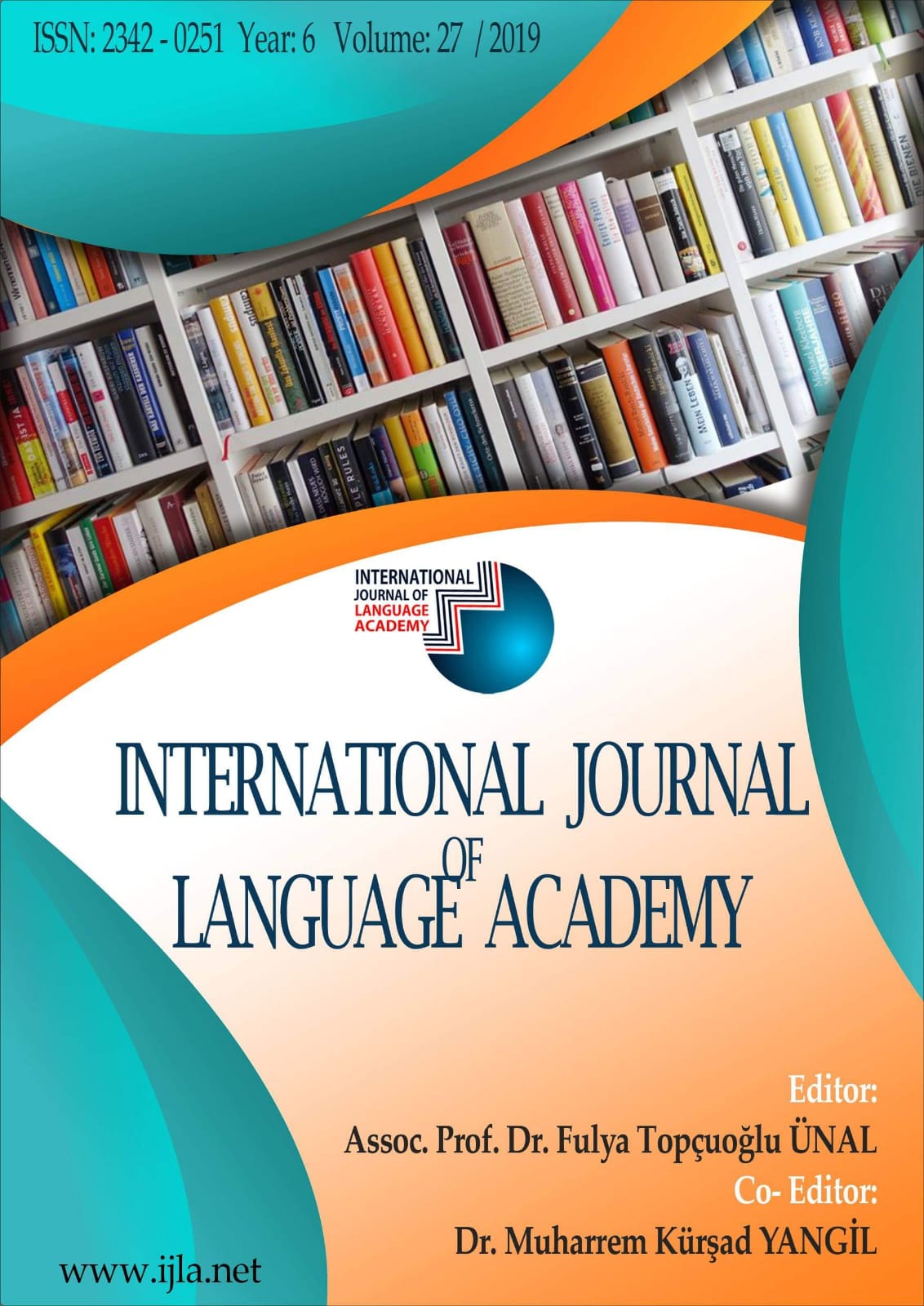Author :
Abstract
Translating the meaning of the Holy Quran has become immensely important in the wake of the great event that took place in the Moslim community and the West. The study aimed at making a comparison between four translations of the meaning of the Holy Quran, to detect the similarities and differences. The study adopted the comparative method and content analysis. The findings of the study are: Using archaic vocabulary in translating the meaning of the Holy Quran fails to render a clear meaning. This makes the style very awkward, the text tedious and readability difficult. Using transliteration as a technique to render the meaning is ineffective. The literal translation is a very serious factor which affects the target text both in terms of meaning and comprehensibility. The study provides a number of recommendations among which: Future translators must transfer the meaning of the Holy Quran accurately and precisely as far as possible. The translators of the meaning of the Holy Quran should possess the knowledge of Quranic sciences, the Prophet Hadith and Sharia. Translation of the Islamic texts and the meaning of the Holy Quran in particular should be viewed as a collective rather than as an individual task. The translators should simply avoid letting their own opinion when interpret the text.
Keywords
Abstract
Translating the meaning of the Holy Quran has become immensely important in the wake of the great event that took place in the Moslim community and the West. The study aimed at making a comparison between four translations of the meaning of the Holy Quran, to detect the similarities and differences. The study adopted the comparative method and content analysis. The findings of the study are: Using archaic vocabulary in translating the meaning of the Holy Quran fails to render a clear meaning. This makes the style very awkward, the text tedious and readability difficult. Using transliteration as a technique to render the meaning is ineffective. The literal translation is a very serious factor which affects the target text both in terms of meaning and comprehensibility. The study provides a number of recommendations among which: Future translators must transfer the meaning of the Holy Quran accurately and precisely as far as possible. The translators of the meaning of the Holy Quran should possess the knowledge of Quranic sciences, the Prophet Hadith and Sharia. Translation of the Islamic texts and the meaning of the Holy Quran in particular should be viewed as a collective rather than as an individual task. The translators should simply avoid letting their own opinion when interpret the text.





